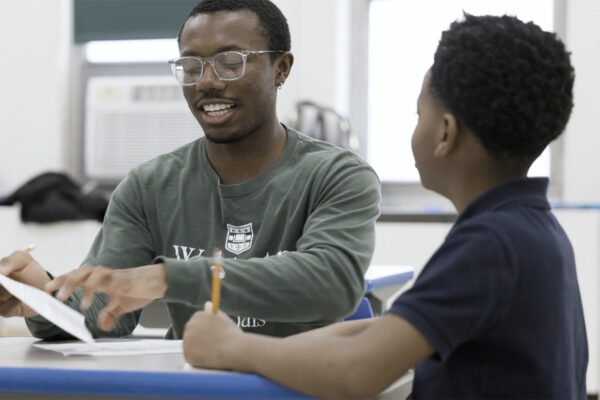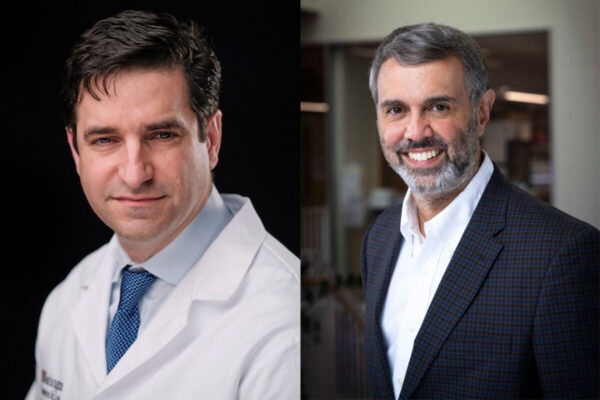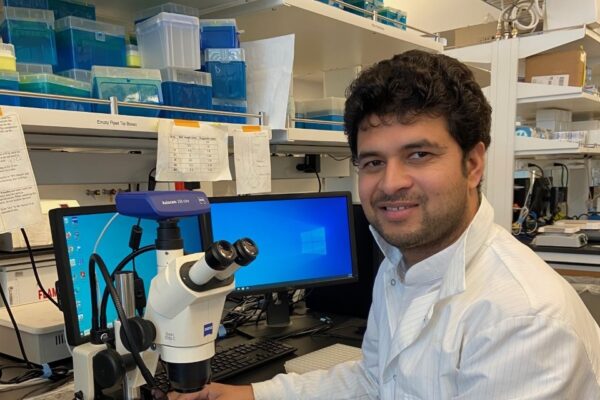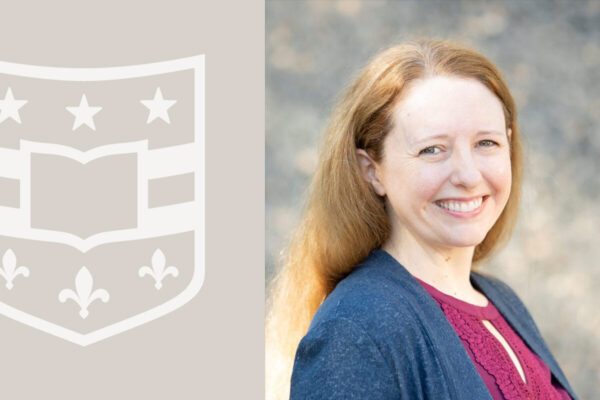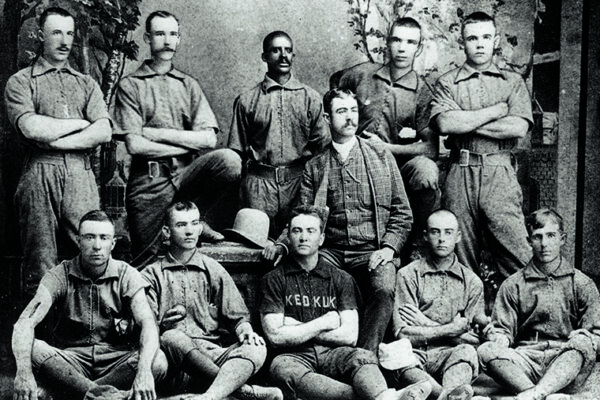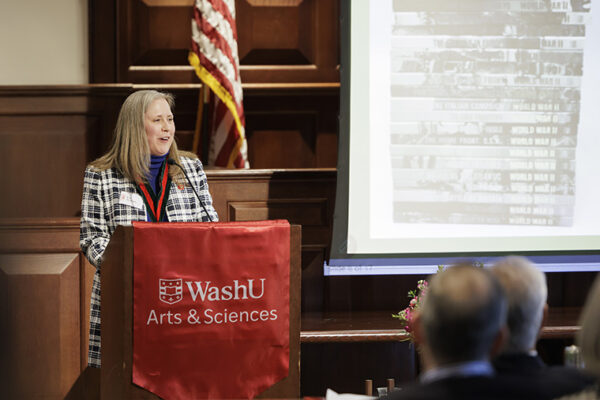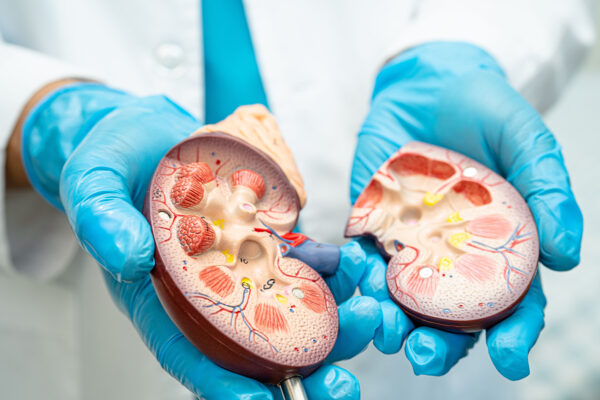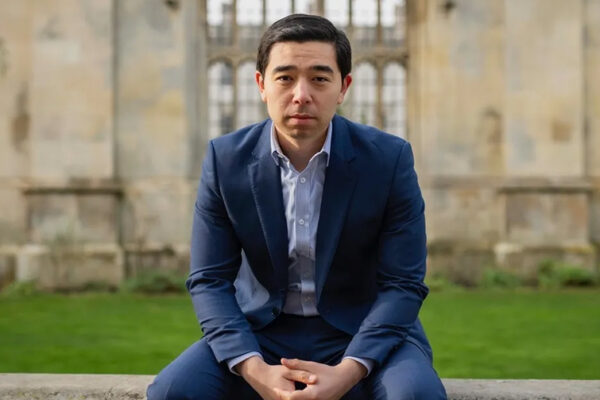From brain science to basketball: WashU students engage and educate St. Louis children
Many WashU students volunteer with clubs committed to supporting St. Louis kids. Projects range from teaching hospital patients the science of slime to introducing elementary students to the joys of dance. All aim to get the next generation excited about learning.
Leuthardt, Mitra selected as AIMBE fellows
WashU Medicine’s Eric C. Leuthardt, MD, and Robi Mitra, PhD, have been named fellows of the American Institute for Medical and Biological Engineering.
Study to explore influence of estrogen on aortic aneurysm progression
Researchers at the McKelvey School of Engineering will investigate the effect of estrogen on thoracic aortic aneurysm development and develop patient-specific biomarkers to manage the disease.
Baldridge receives Global Grant for Gut Health award
Megan Tierney Baldridge, MD, PhD, an associate professor in the Department of Medicine at WashU Medicine, received a $100,000 grant to explore the interactions between the viruses that infect bacteria, known as bacteriophages, and human intestinal epithelial cells.
How to (theoretically) spot an alien
Physicist Mikhail Tikhonov in Arts & Sciences proposes an outside-the-box idea for detecting alien biology. His new study is published in Nature Communications.
‘Play Harder: The Triumph of Black Baseball in America’
In “Play Harder: The Triumph of Black Baseball in America,” WashU’s Gerald Early explores how Black Americans have shaped the game since its emergence during Reconstruction, from the formation of the Negro Leagues, through Jackie Robinson’s breaking of the color barrier and into the present day.
McGlothlin installed as Gloria M. Goldstein Professor of Holocaust Studies
Erin McGlothlin was recently installed as the Gloria M. Goldstein Professor of Holocaust Studies in Arts & Sciences.
WashU prepares for fall ’25 class registration in Workday
Most WashU students are gearing up to register for fall 2025 classes next week using a new student information system, Workday. Many have prepared already, but administrators say to expect some bumps in this first cycle.
Harnessing mechanobiology to combat kidney disease
Researchers at Washington University have received a $4 million grant to study specialized cells that could help treat kidney disease.
Henderson to deliver annual Brauer Lecture
Rob Henderson, political commentator and bestselling author of “Troubled: A Memoir of Foster Care, Family and Social Class,” will deliver the keynote address for Olin Business School’s Brauer Lecture Series April 16 at Washington University in St. Louis.
View More Stories
